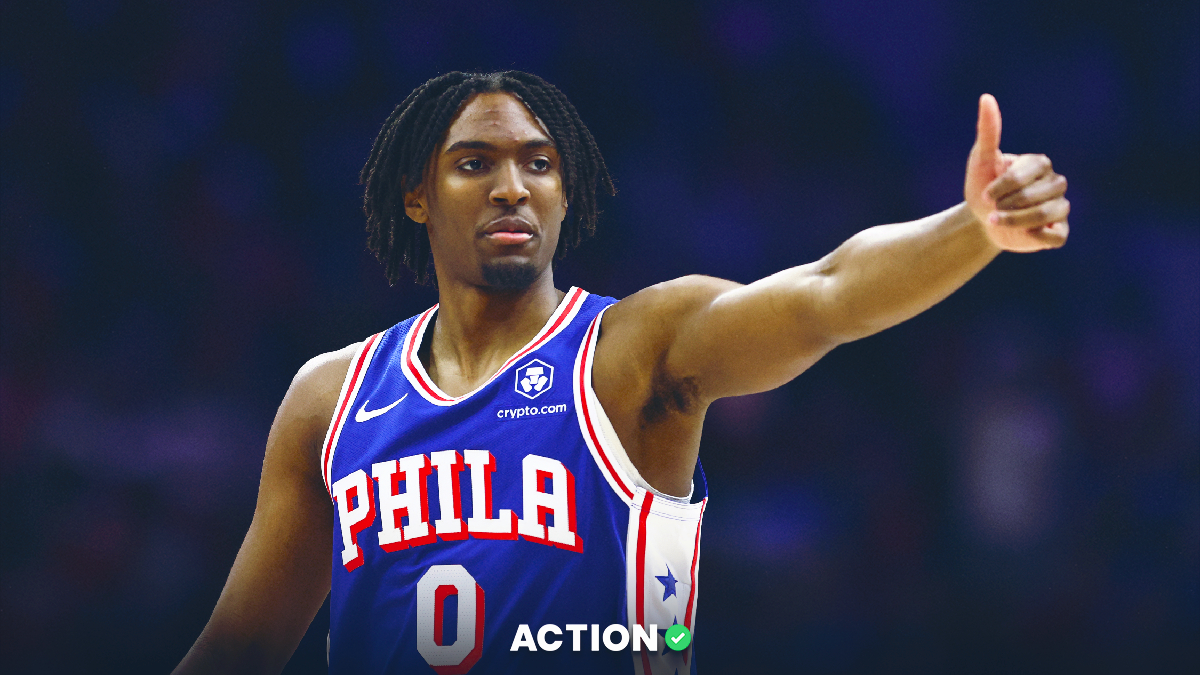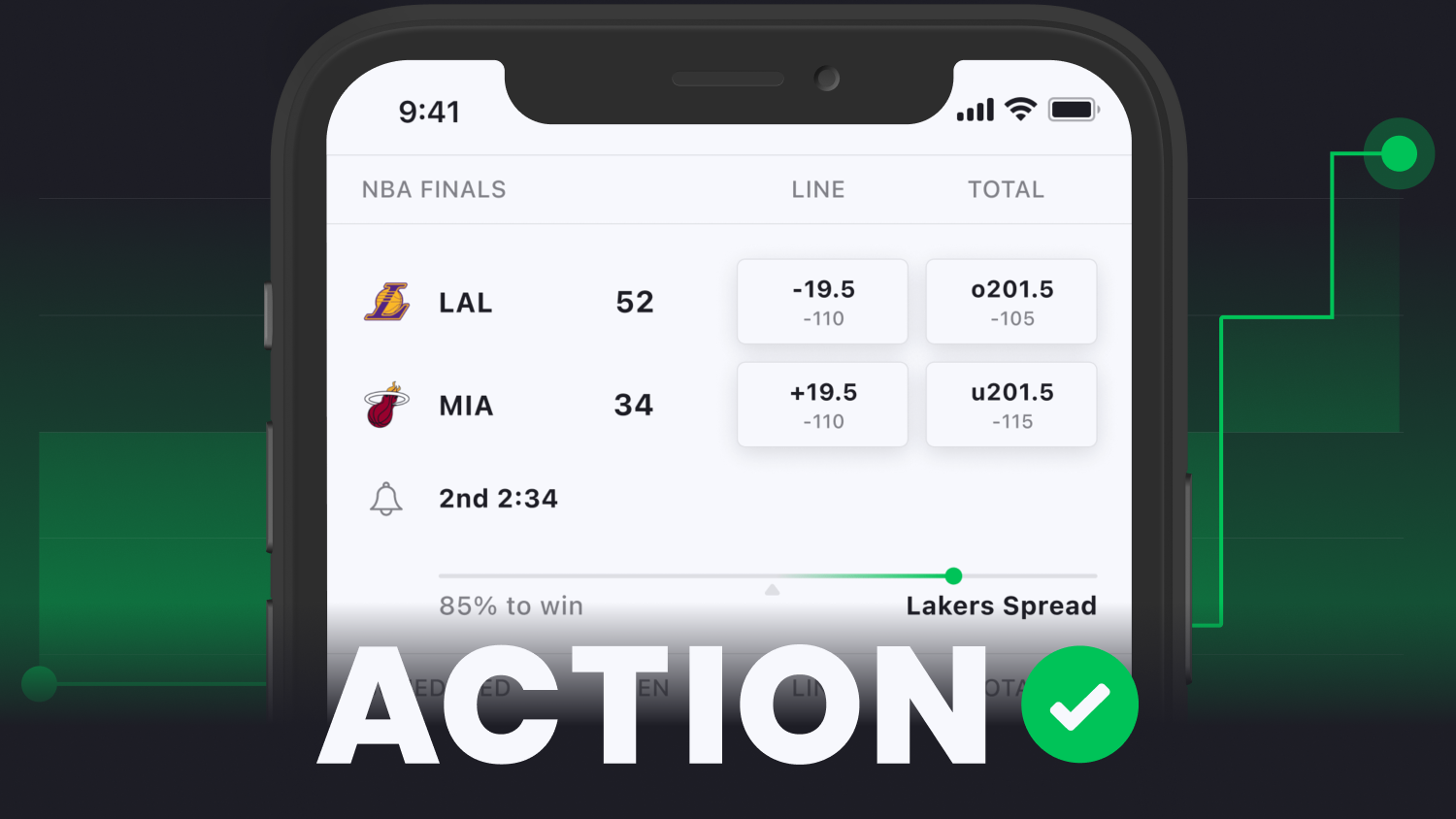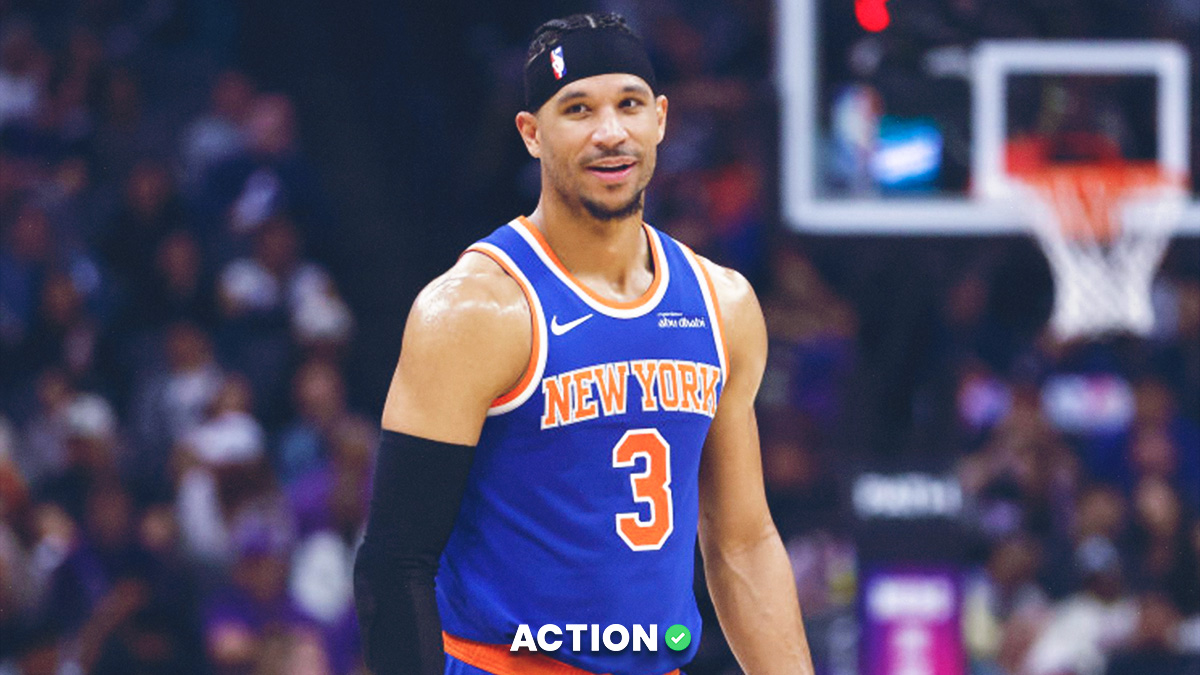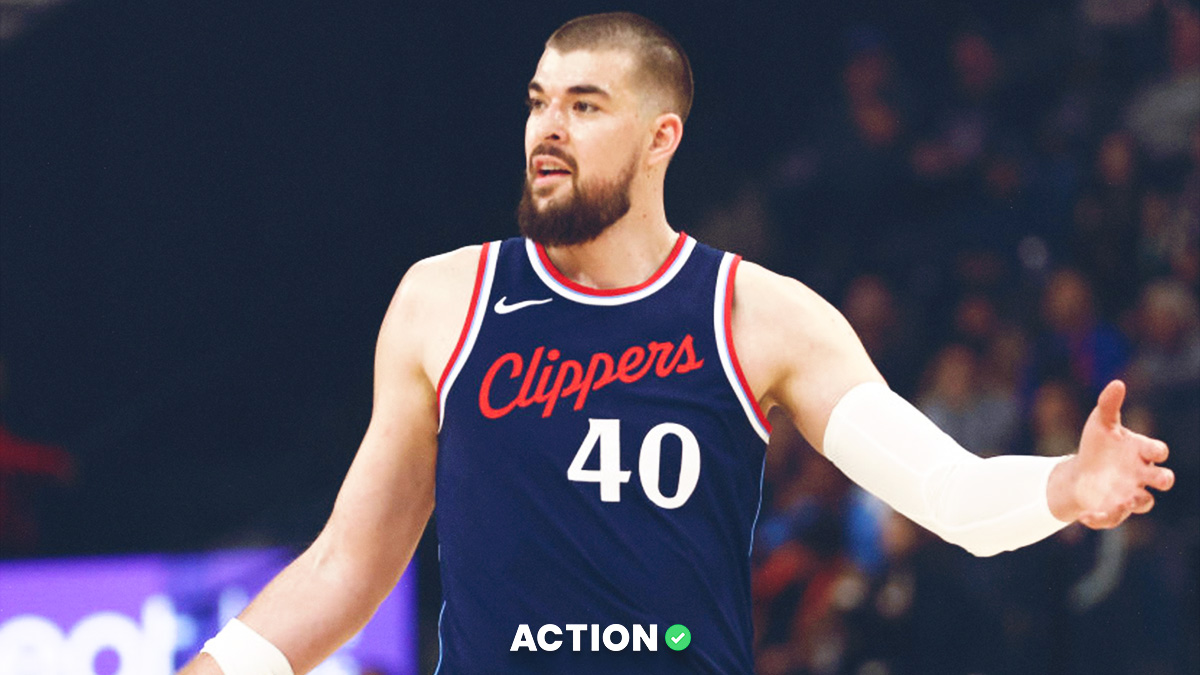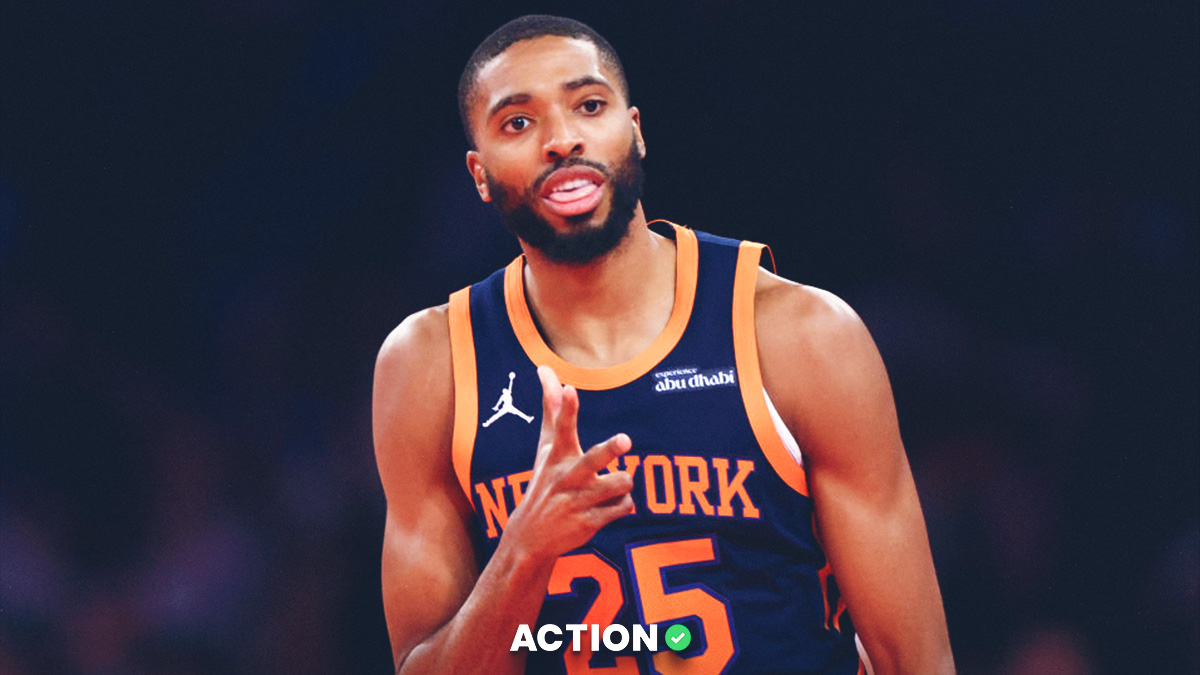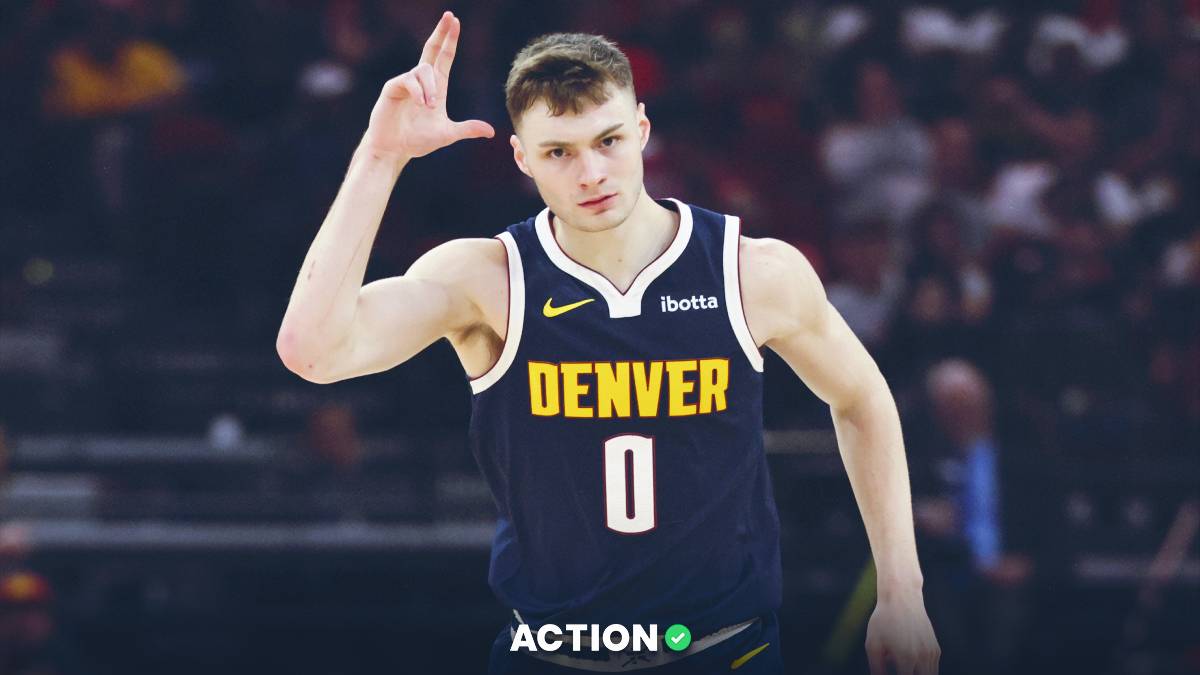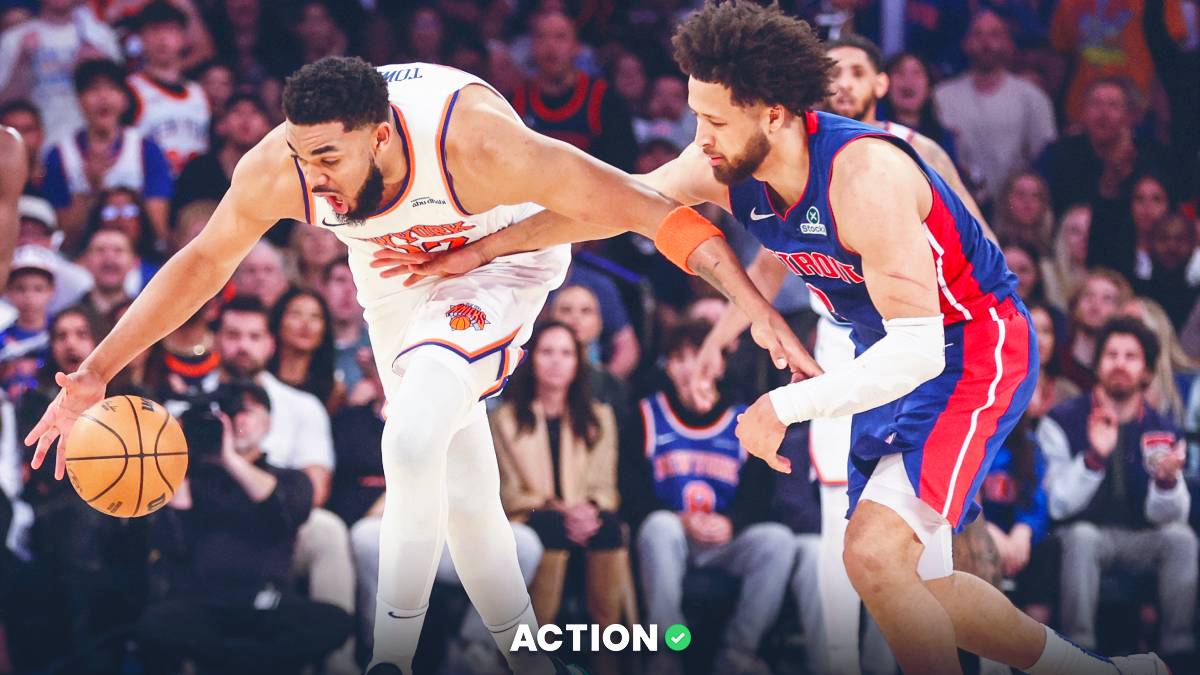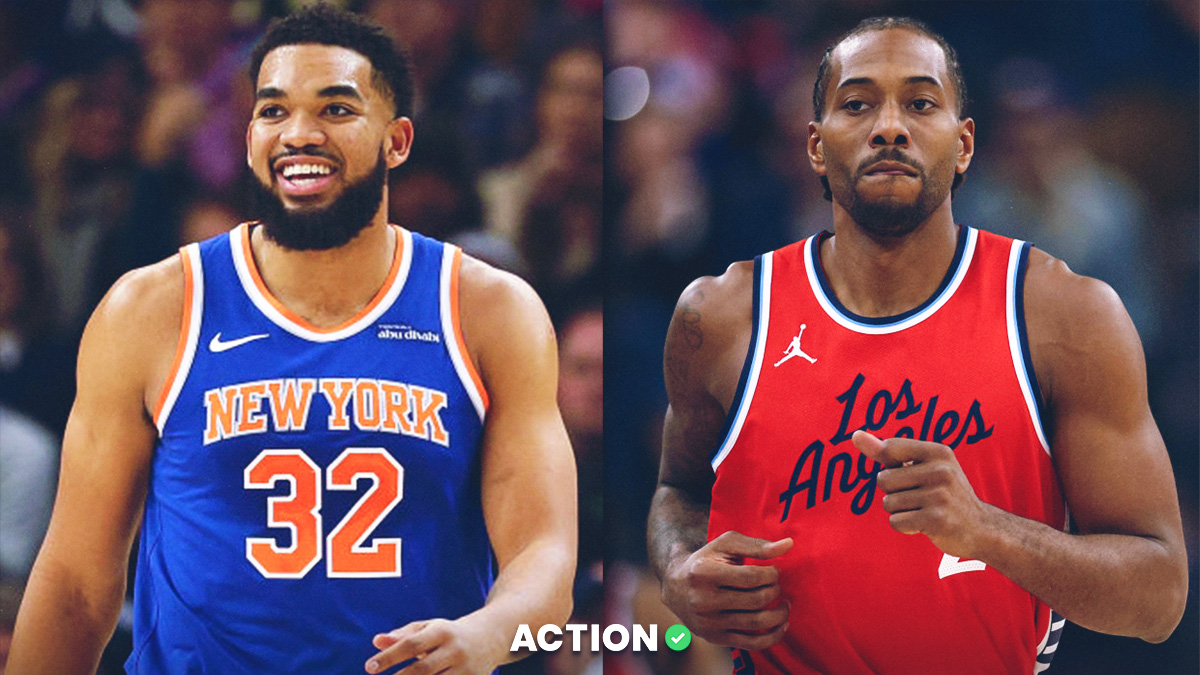This week, the NBA awarded its 2023-24 Most Improved Player, Sixth Man of the Year and Clutch Player of the Year. These three awards were the closest in terms of odds at the end of the season, and figure to be the three closest votes. I have some thoughts on how they ended up and what we can take for future NBA futures.
Most Improved Player
The final voting totals for Most Improved Player of the Year came out as follows:
The complete voting results for the 2023-24 Kia NBA Most Improved Player. pic.twitter.com/JzZ4GBsrnL
— NBA Communications (@NBAPR) April 23, 2024
The NBA has told voters that the goal of awarding MIP is "to honor an up-and-coming player who has made a dramatic improvement from the previous season or seasons." By this definition, this essentially breaks down into five different types of players. Here are the categories and the players who met that this year.
- Player going from a starter to an All-Star player/fringe all-NBA player (Tyrese Maxey). Outside the top 35 best players in the NBA to being a top-25 player.
- Going from a starter or top bench player to a fringe All-Star (Alperen Şengün). Outside the top 45 best players in the NBA to being a top-45 player.
- Going from a bad bench player to a solid starter (Coby White).Outside the top 150 best players in the NBA to being a top-80 player.
- A second-year player who had a bad-to-decent rookie year but became very good their second year (Jalen Williams). The range is different, but the final result is usually a jump of about 20-50 spots overall.
- An All-Star or fringe All-Star to an MVP candidate (Jalen Brunson). Outside the top 25 best players in the NBA to being a top-10 player.
Almost all of the voters generally look for one of these players, exclude some other categories and view one of these as being more important. Generally speaking, almost every voter considers No. 2 and No. 3 to be contenders, while some will automatically leave off guys who fit in categories Nos. 1, 4 and 5.
Over the past 12 years, we have had 10 winners from the first category (All-Star/All-NBA) and two that are a blend of the second/third category (CJ McCollum and Pascal Siakam), depending on how good you think they were the year they won.
Every one of these five players has a real, viable case. They all had tremendous improvement. Ultimately, this award isn't about which one of these improvements is the greatest, but the player who best fits the criteria of the first category.
In 2022, we saw the same concerns with Ja Morant as with Maxey: He was already too good to win the award. Yet even after getting less overall votes, they both got more first-place votes and eked out the award. Voters consistently reward the players who make All-Star teams for the first time, and who are overall better players, especially if you averaged fewer than 21 points per game the year before.
We missed Maxey this time around, but I'm looking forward to being able to best narrow this down to potential All-Stars, and then hammering the new All-Stars after the break.
Sixth Man of the Year
The NBA award voters are not perfect. By my count, there were about five award mistakes in the last seven years: Joel Embiid over Nikola Jokić last season for MVP, Scottie Barnes over Evan Mobley for Rookie of the Year and Marcus Smart for Defensive Player of the Year in 2022, Ben Simmons over Donovan Mitchell for Rookie of the Year in 2018 and Malcolm Brogdon over Embiid in 2017 for Rookie of the Year. This year's Sixth Man of the Year vote joins the ranks as the vote that is almost certainly wrong.
Naz Reid's average of 13.5 PPG is the lowest average of any winner since 2002. He is the first player to average under 14.2 PPG. That average might even overstate his value. He averaged only 12.6 PPG off the bench before Karl-Anthony Towns' injury, which helped bring his average up. Reid had below-average efficiency, was fourth on the team in scoring and almost certainly was Minnesota's sixth most important player.
I'd understand Reid winning if there was a dearth of deserving candidates. But Malik Monk was incredibly deserving. He played 72 games off the bench, averaged 15.2 PPG, was the key to the Kings' bench offense having any success and was the only reason this team didn't fall off a cliff when De'Aaron Fox was on the floor. Monk averaged 5.1 assists per game, a huge jump for him, and we saw that time and again as he closed games for the Kings. He was crucial in the clutch, finishing seventh in PPG in the clutch and 13th in APG (min. 25+ clutch games). He was so important for the Kings, who were 42-30 when he played and on pace for 48 wins before finishing with 46. Monk meets every category of players who have won, and if he had missed the first 10 games instead of the last 10, he would be the winner of this award.
Reid ultimately won because of those final games missed, and the Timberwolves winning 10 more games. But he was the wrong choice, is inconsistent with history, and in my opinion, is at best the second-worst award pick of the last eight years.
Clutch Player of the Year
Stephen Curry is the 2024 Clutch Player of the Year. Here's how it happened, and what we can take for the future.
Over the last offseason, I came up with a ranking system to figure out who should win Clutch Player of the Year based on the award winner the first season. With some midseason modifications, I feel great about the final product. Next season, I plan on updating this weekly throughout the season.
For this season, my rankings say the top four were closer than they have been at any point in the last four seasons. The three finalists were almost tied, and depending on what you value will give you different results: efficiency and shots to tie/lead (Shai Gilgeous-Alexander), games played and total points in the clutch (Curry) or points per game and wins in the clutch (DeMar DeRozan).
But the person who should have won the award, who was the best clutch player in the NBA this season, is Jokić. While the other three candidates had a weakness that brought them down, Jokić was top five in every metric to evaluate clutch performance. He was efficient, hit the third most shots to tie/take the lead and his team posted a stellar record (23-13) and won a lot of games in the clutch. Jokić didn't win because he is going to win MVP, which is the lesson here: Voters won't give this award to the MVP, no matter how good they are.
When I wrote the article at the end of January, I said DeRozan was a long shot who could win if he went on a run. After that point, the Bulls played 18 games in the clutch, went 12-6 (DeRozan played in 11 of them) and he averaged an insane 5.8 PPG in the clutch. DeRozan should probably be an auto-bet clutch player as long as he is on the Bulls, and odds should not drop so long for him, since he can always turn it on.
My rankings have the top six as Jokić, Curry, DeRozan, Gilgeous-Alexander, Fox and Damian Lillard (by the way, Monk is top 10, another feather in his cap for why he should have won Sixth Man). DeRozan and Jokić have been the two best clutch players over the last five seasons, while the other four all had clutch reputations entering this year in different ways. While Mikal Bridges and Tyrese Haliburton pushed their way into this conversation early, it was ultimately the same players as in the past. This award may be more predictive than initially thought, as usage in the clutch often holds consistent.
The final award had Brunson (14th in my rankings), Luka Dončić (NR) and Kyrie Irving (ninth) finish fifth through seventh, while Fox and Lillard combined for three total votes. Dončić's case is virtually non-existent; he was 42nd in PPG in the clutch and 100th in points to tie or take the lead in the final two minutes. The Mavs had one of the best records in the clutch this season (16-4 with Irving, 20-8 with Dončić), which likely led to them both getting votes. Brunson was a star for the Knicks, but had a mediocre clutch season by the numbers. I don't know how much value there is on the players receiving 10 or fewer votes, but it's something I'll examine after the season. I think as time goes on, voters will get better with this award (as they generally are with others), but there will probably always be spare votes cast for players without a great case.
Finally, it seems that teams out of the postseason is a disqualifier for the award, but making the play-in is not. The Bulls and Warriors weren't so great, and it didn't effect their final standing here. Bridges, who finished eighth in my rankings, received 0 votes, which seems to indicate the Nets were not taken seriously. As we look to the award next year, the player pool is therefore the top 20 teams in the NBA, which is a looser criteria than almost every other award from a team quality perspective.


